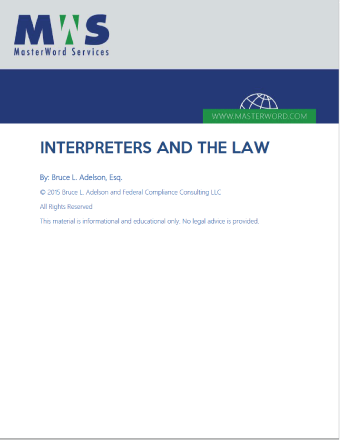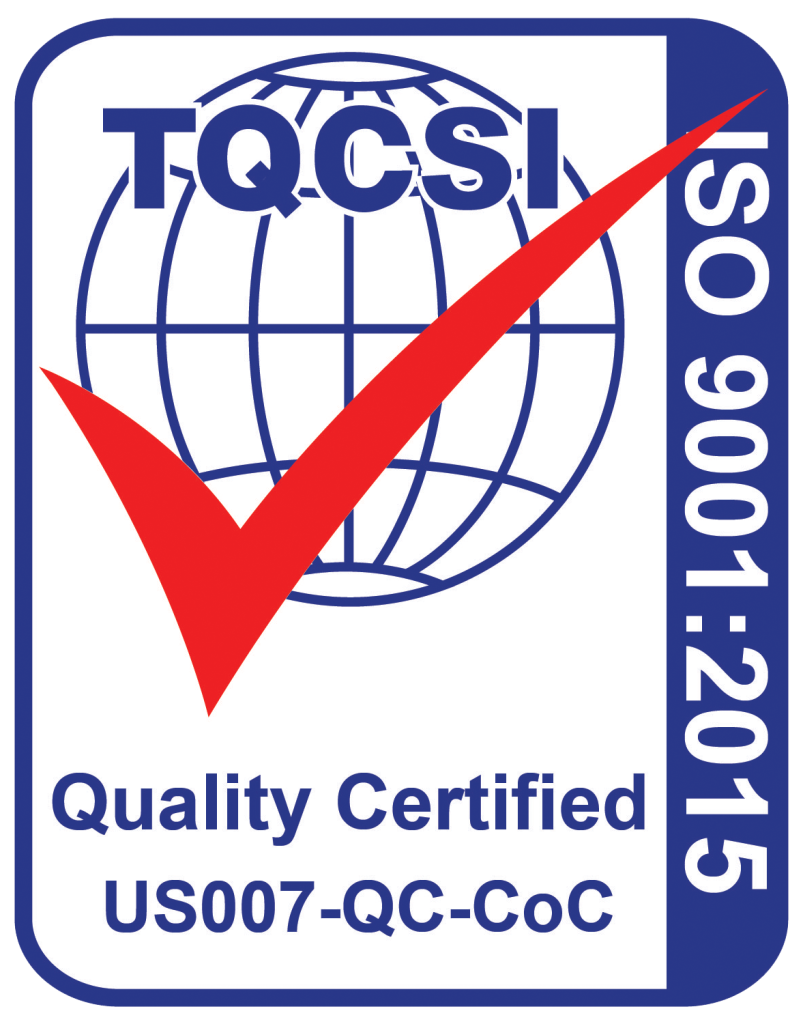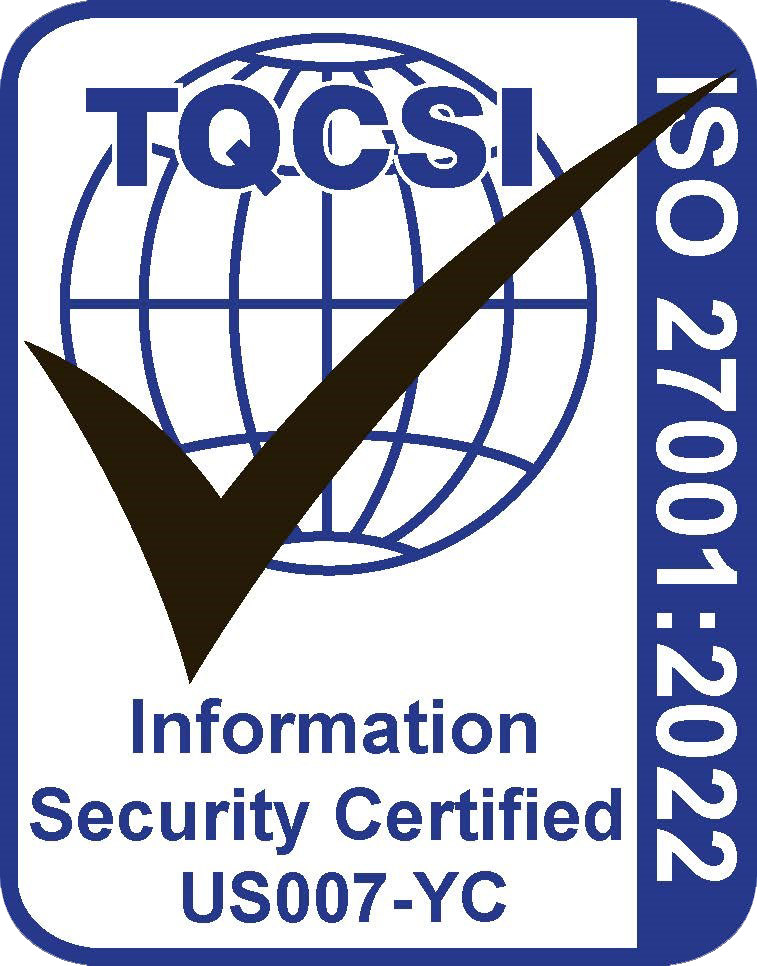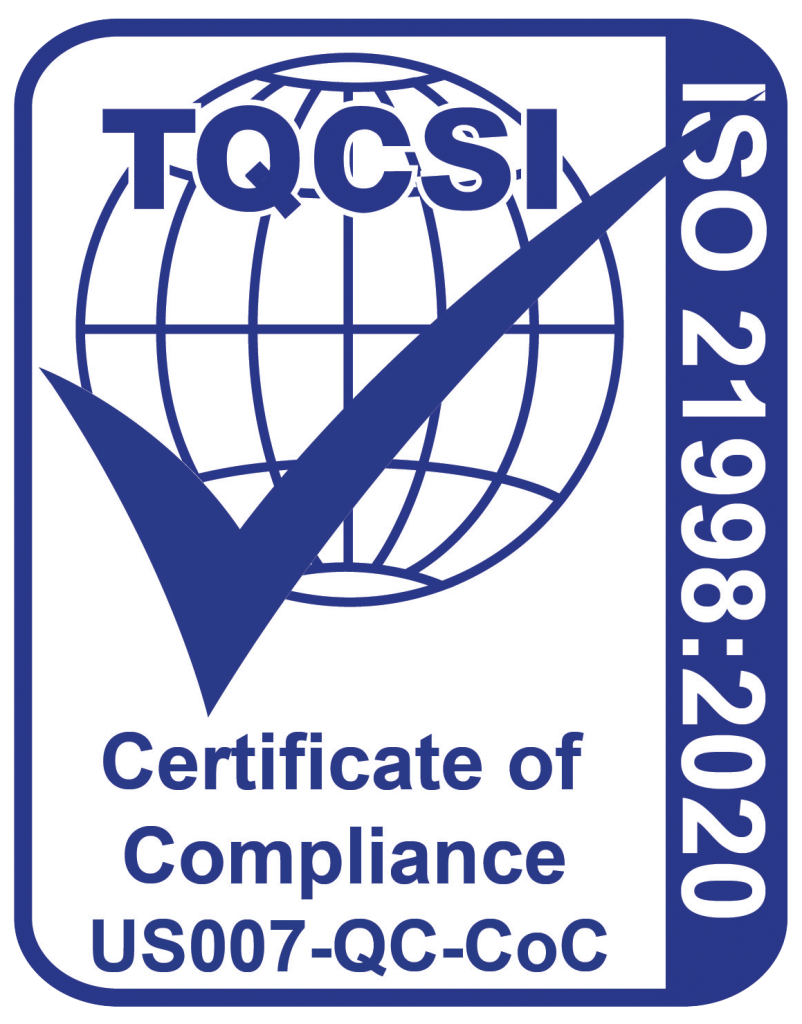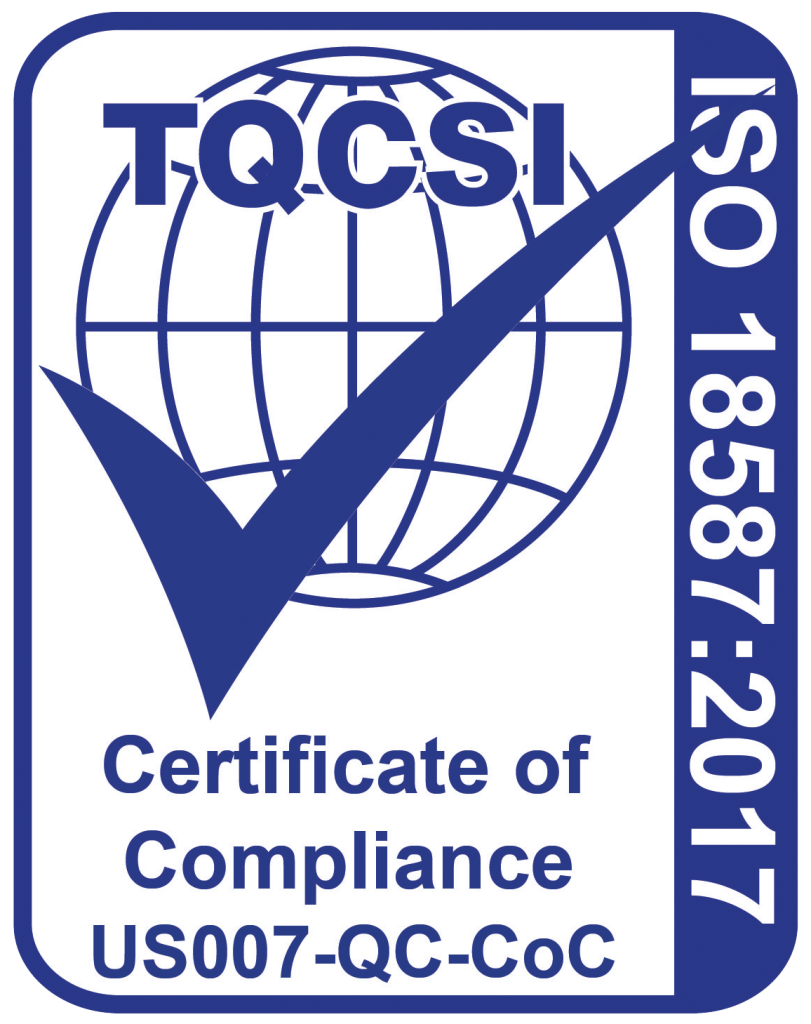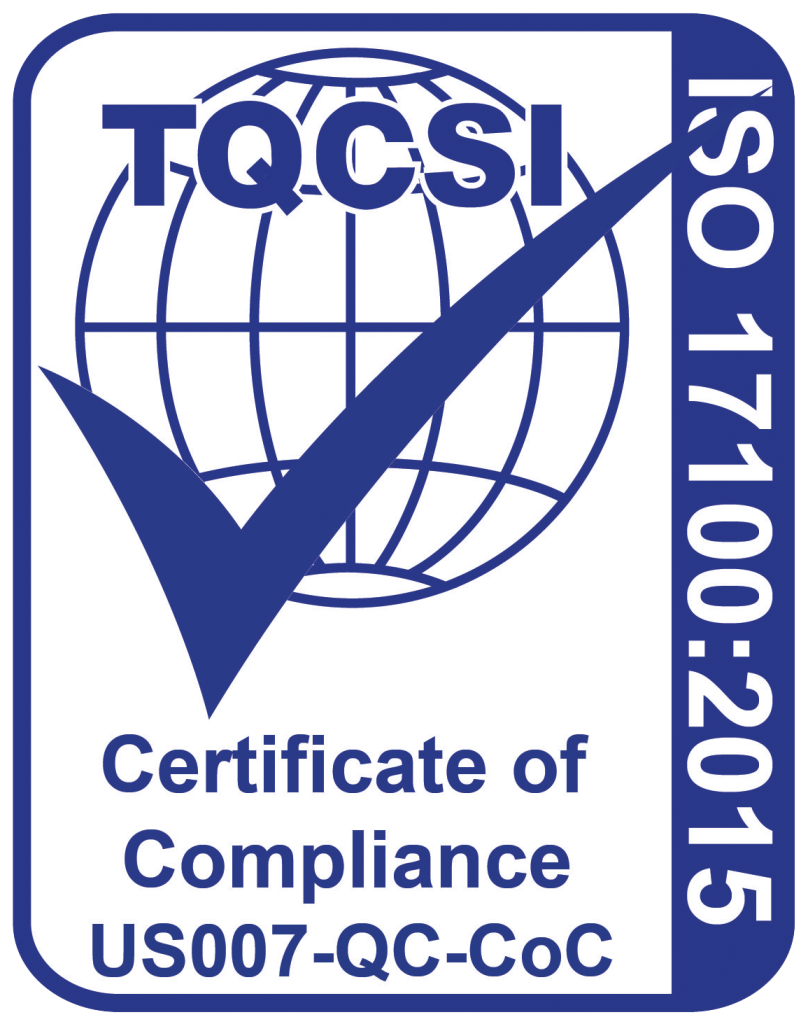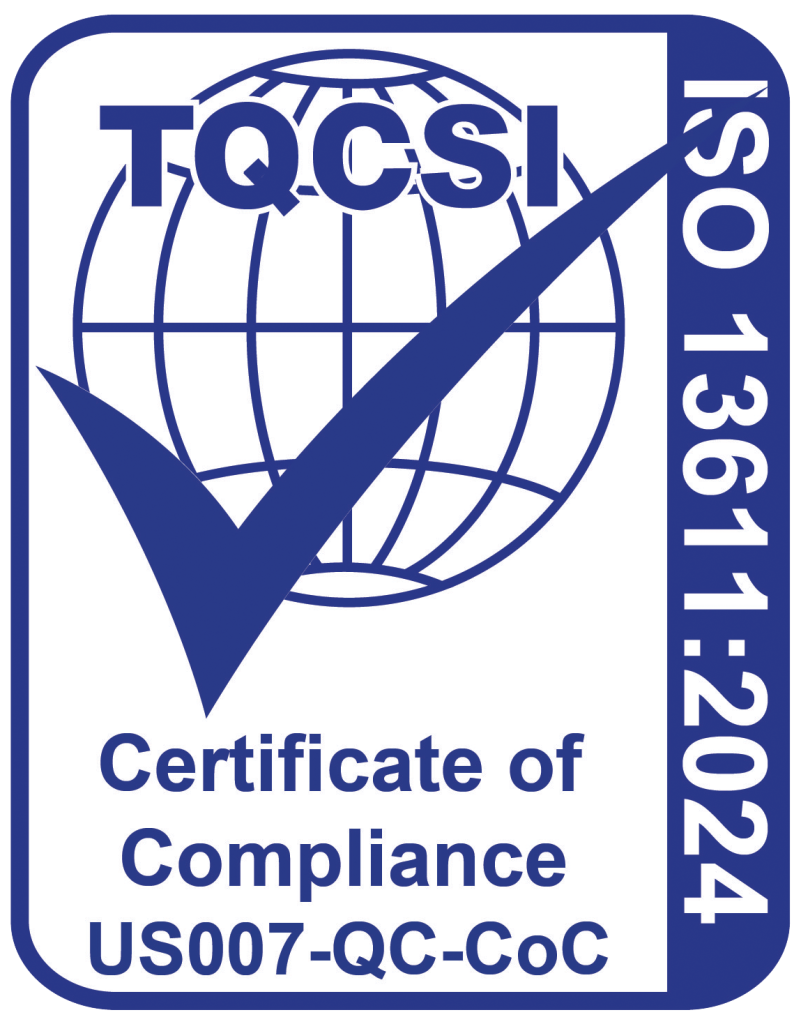By the nature of what interpreters do, they often find themselves facing a myriad of challenges as interpreters provide vital language and communication connections for their charges – be they patients, customers, litigants, or clients. As our country continues to change demographically, interpreters will find themselves in ever increasing demand, with a similar increase in the complexity and nuance of providing that vital communication connection. At the same time, interpreters face legal and liability implications concerning that very same vital connection, especially if interpreters’ understanding of their communication responsibility conflicts with the law.
Various professional associations, such as the International Medical Interpreters Association (IMIA) and National Council on Interpreting in Health Care, Inc., (NCIHC) have published interpreter codes of ethics and standards of practice for their members. These codes and standards outline various interpreter responsibilities and ethical obligations. For example, interpreters should render “all messages accurately and completely, without adding, omitting, or substituting” (NCIHC Standard of Practice #1 – Accuracy) and A-10 “manage the flow of communication in order to preserve accuracy and completeness, and to build rapport between provider and patient” (IMIA #A10).
According to these and similar codes and standards, interpreters should strive for “transparency” and “confidentiality” while “The interpreter advises parties that everything said will be Interpreted” (NCIHC Standards of Practice).
Such standards and codes are voluntary guidelines. The publishing organizations, such as IMIA, are membership-based voluntary associations. Although association codes and standards are important, they are not laws and do not have the power to replace or supplant various legal requirements under federal and state laws. However, certain interpreter practices and ethics and interpreter training may well collide head-on with the federal law of language and disability access.
Interpreter practices and ethics and interpreter training may well collide head-on with the federal law of language and disability access.
Title VI of the Civil Rights Act of 1964 (Title VI) and the Americans with Disabilities Act (ADA) are two of the federal laws that require various forms of language assistance and access. Both laws require various forms of assistance to give people access to the “programs, services, and activities” of a hospital, court, government agency, or other organization covered by these laws.
However, neither Title VI nor the ADA provide a limited English proficient (LEP) person or deaf/hard of hearing individual with a federal legal right of access through an interpreter to ALL conversations and communications. For example, Title VI and the ADA fully apply to conversations between doctor and patient. However, these same laws DO NOT apply to conversations between nurses that have nothing to do with a particular hospital patient’s medical care.
Recent case in point – two health care providers enter a patient’s hospital room. The patient (Patient A) is deaf. An American Sign Language interpreter is present for the patient. The two providers ask the interpreter to not interpret their conversation. The providers are discussing a patient (Patient B) in an adjoining room and sharing confidential information that is legally protected by the Health Insurance Portability and Accountability Act (HIPAA). Of course, the two providers should NOT discuss HIPAAprotected information in front of another patient. While the providers’ conduct must also be addressed by their hospital, this blog post focuses on what the interpreter did next.
Neither Title VI nor the ADA provide a limited English proficient (LEP) person or deaf/hard of hearing individual with a federal legal right of access through an interpreter to ALL conversations and communications.
The interpreter, wanting to provide “transparency” for Patient A, interprets this conversation completely. By interpreting the entire conversation, the interpreter disclosed legally protected confidential information about one patient to another. Her disclosure creates potentially serious legal and liability consequences for this interpreter, her employer, the hospital, and by extension, for all interpreters.
HIPAA may exempt accidental or “incidental” disclosure of confidential information, such as when an interpreter inadvertently sees a piece of paper with health care information on a hospital desk or overhears a doctor mention a patient’s diagnosis to a colleague while walking down a hallway. However, if the interpreter repeats the overheard information to another person, such as to Patient A in my example, this disclosure is likely no longer accidental. The interpreter knowingly, not accidentally, revealed confidential health care information about Patient B to Patient A.
Importantly, the ADA does not provide the deaf patient with any legal right to access the provider’s conversation about the patient in the adjoining room. The providers’ conversation had nothing to do with Patient A, her health care, and her access to the “programs, services, and activities” of the hospital where she is receiving medical care. Similarly, Title VI would likely have the same access and programmatic limitation as the ADA if the conversation was in a spoken language.
The Bottom Line
There are several bottom lines here. Interpreter association codes and standards are voluntary guidelines. They neither have the force of law nor can they trump existing legal requirements.
The best, legally aware practice for the interpreter here would likely be for the interpreter to tell Patient A that the providers are discussing another patient and stop there. If the patient wants to know more, the interpreter should inform the providers. Interpreters should NEVER interpret conversations about other patients.
Avoiding Legal Complications
To avoid significant legal complications, interpreter training should address the unconditional requirement of not revealing healthcare information about Patient B to Patient A.
Interpreter codes and standards of practice are important to the interpreting profession. They provide helpful guidance while establishing a needed framework of acceptable practices. At the same time, codes and standards can never replace or trump the law. Appreciating where such codes and standards conflict with legal requirements will empower interpreters to continue providing that vital communication connection while also obeying the law.
About the Author
Bruce L. Adelson, Esq., CEO of Federal Compliance Consulting LLC is nationally recognized for his compliance expertise concerning many federal laws, such as Title VI of the Civil Rights Act of 1964, Rehabilitation Act of 1973, Americans with Disabilities Act, Affordable Care Act, and federal voting laws. Mr. Adelson is a former U.S Department of Justice Senior Trial Attorney. During his Justice career, Mr. Adelson had national federal law enforcement and policy responsibility. At DOJ, he shared responsibility for enacting federal language assistance policy. For example, Mr. Adelson approved for Federal Register publication the U.S. Department of Transportation’s Policy Guidance Concerning Recipients’ Responsibilities to Limited English Proficient (LEP) Persons.
Mr. Adelson has been the testifying expert in several state and federal ADA and Title VI lawsuits, including two cases where deaf patients allege ADA discrimination by hospitals. In 2014, Mr. Adelson was qualified as an expert in civil rights and allegations of discrimination by The U.S. District Court for the Middle District of Louisiana.
Federal Compliance Consulting LLC provides consultation, risk management assessment, and training services across the United States and throughout the world.

